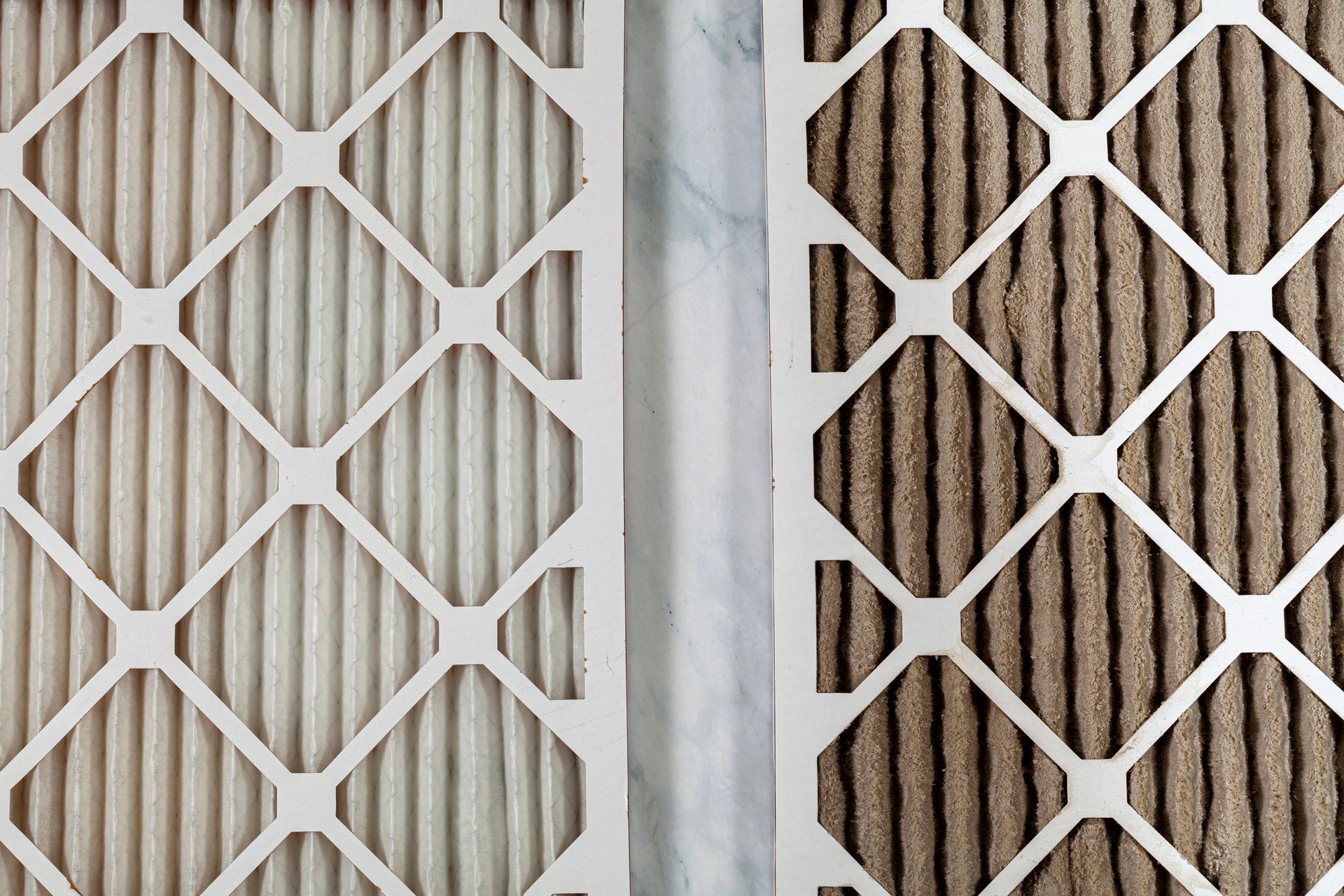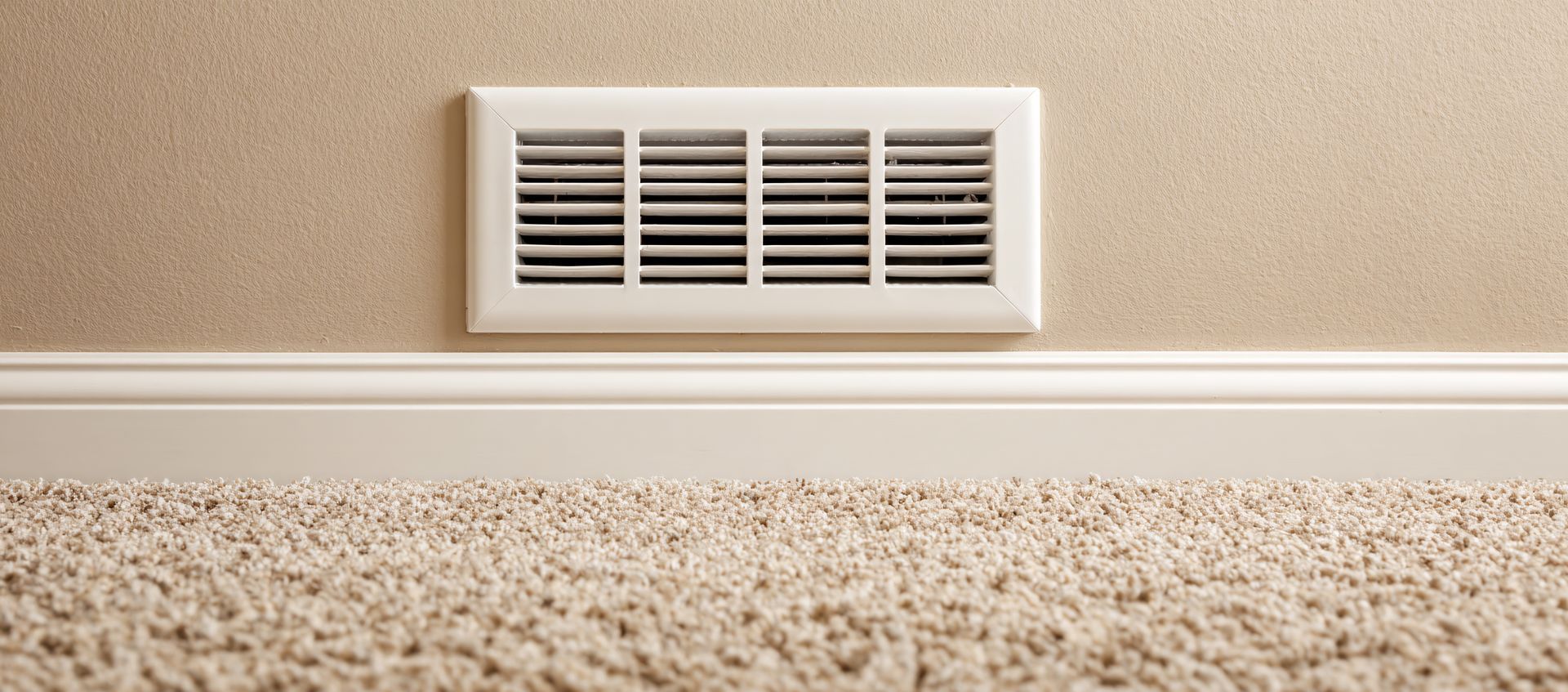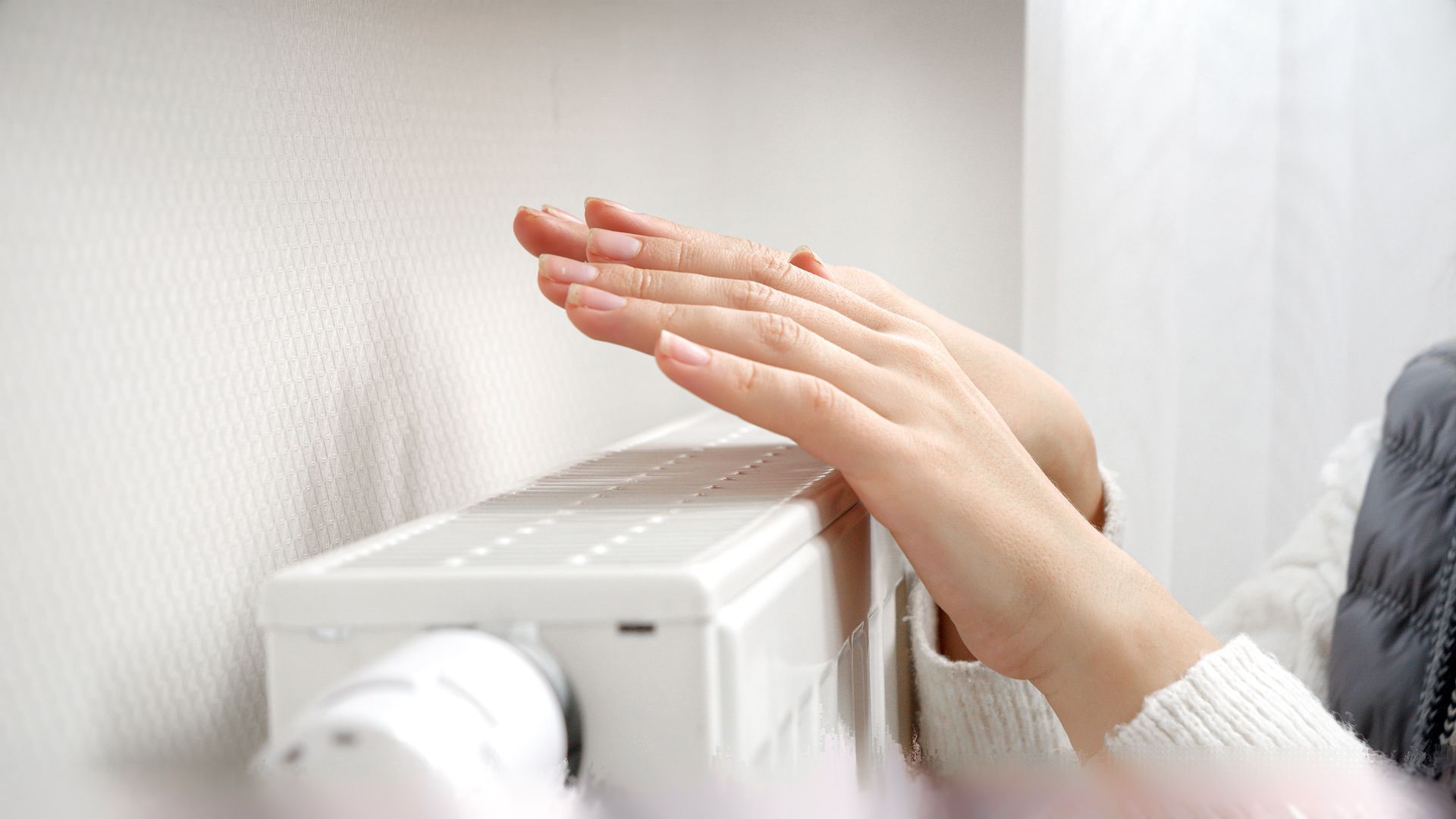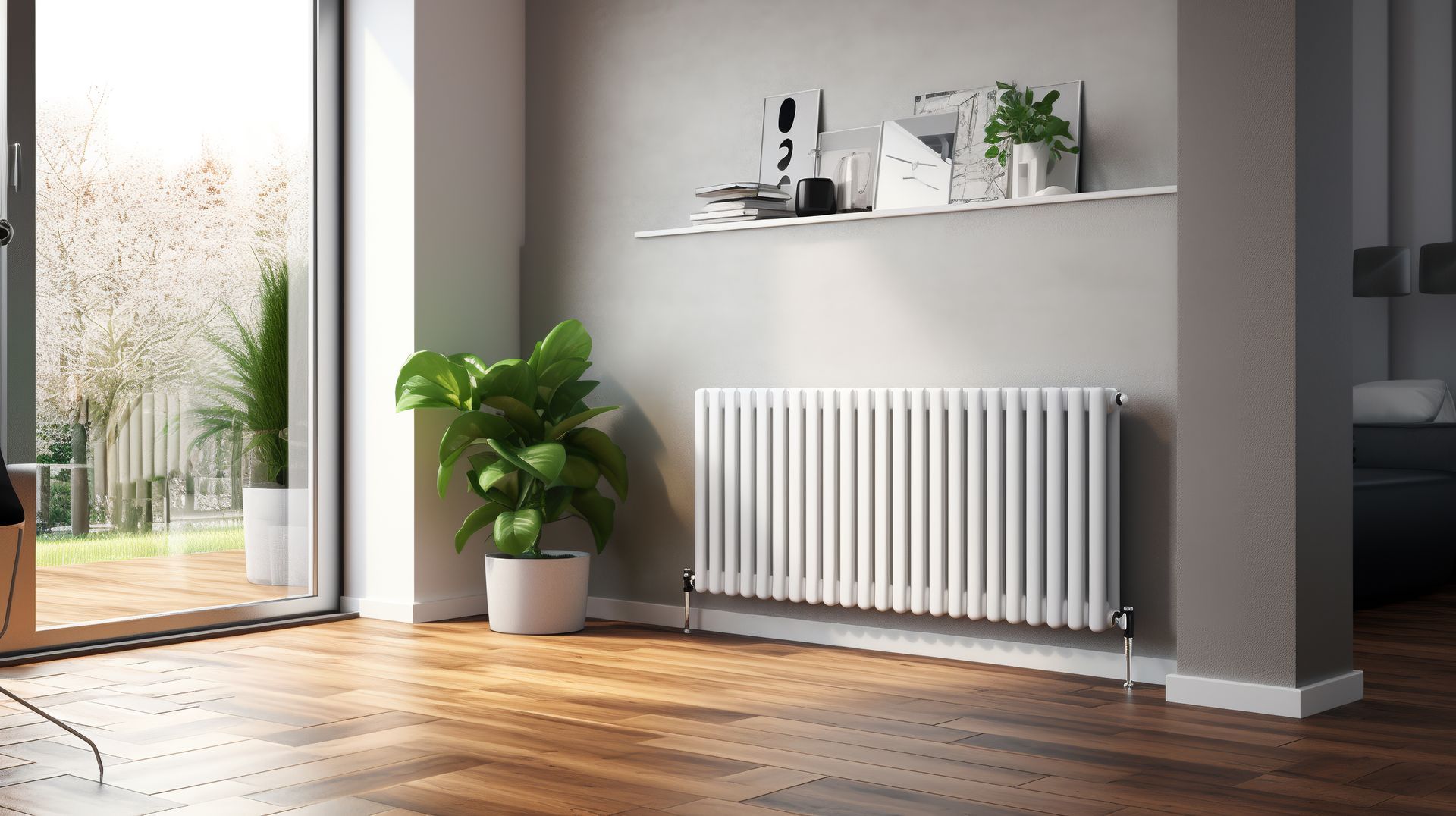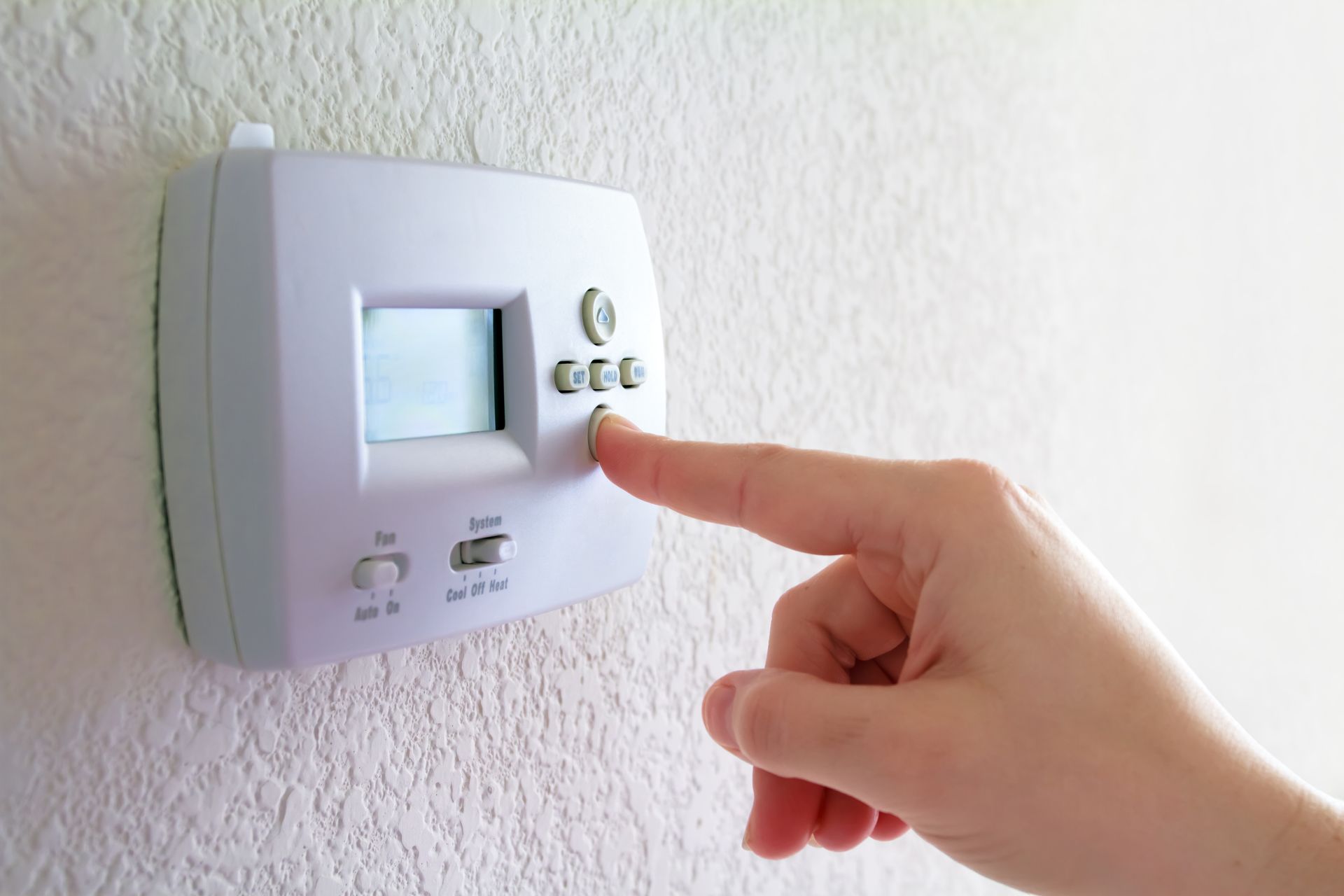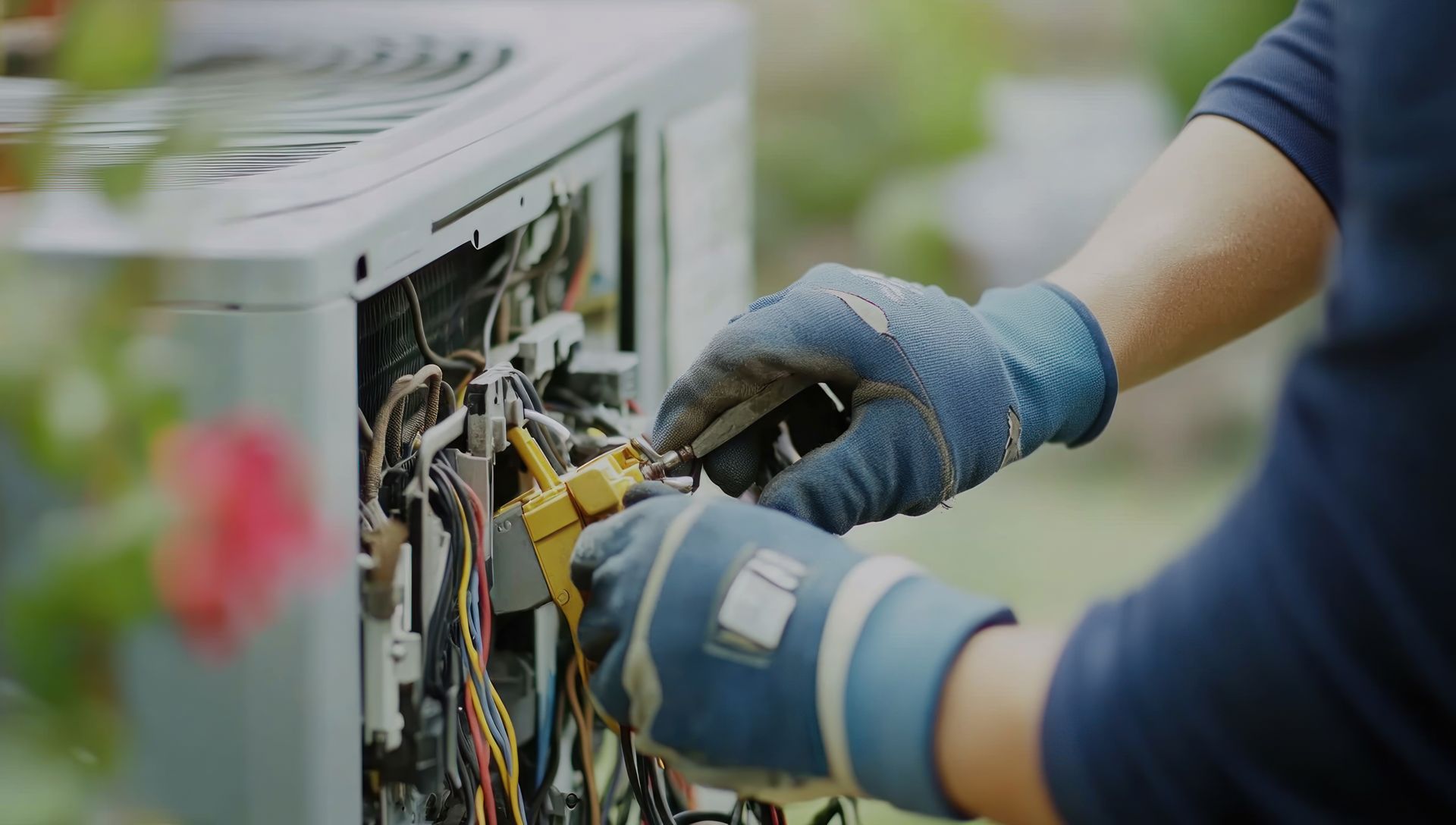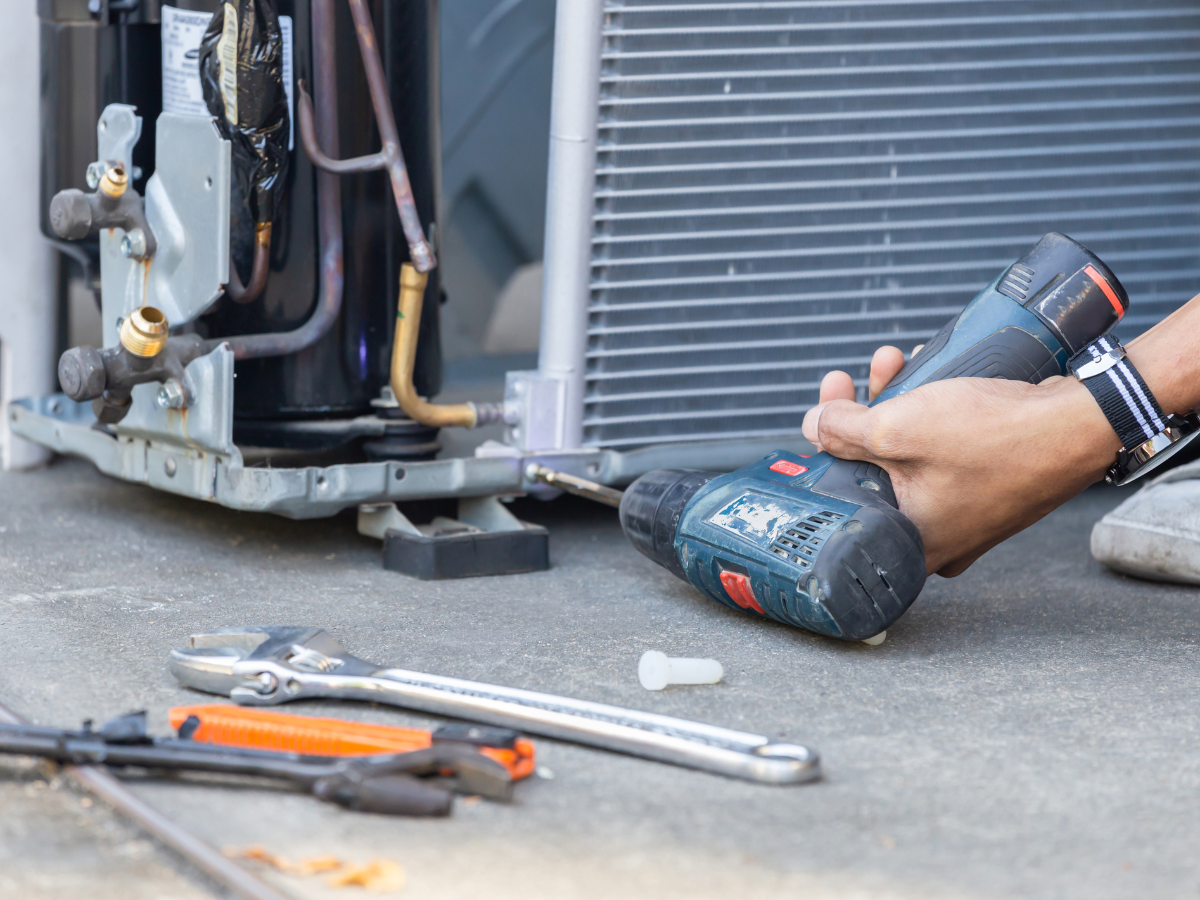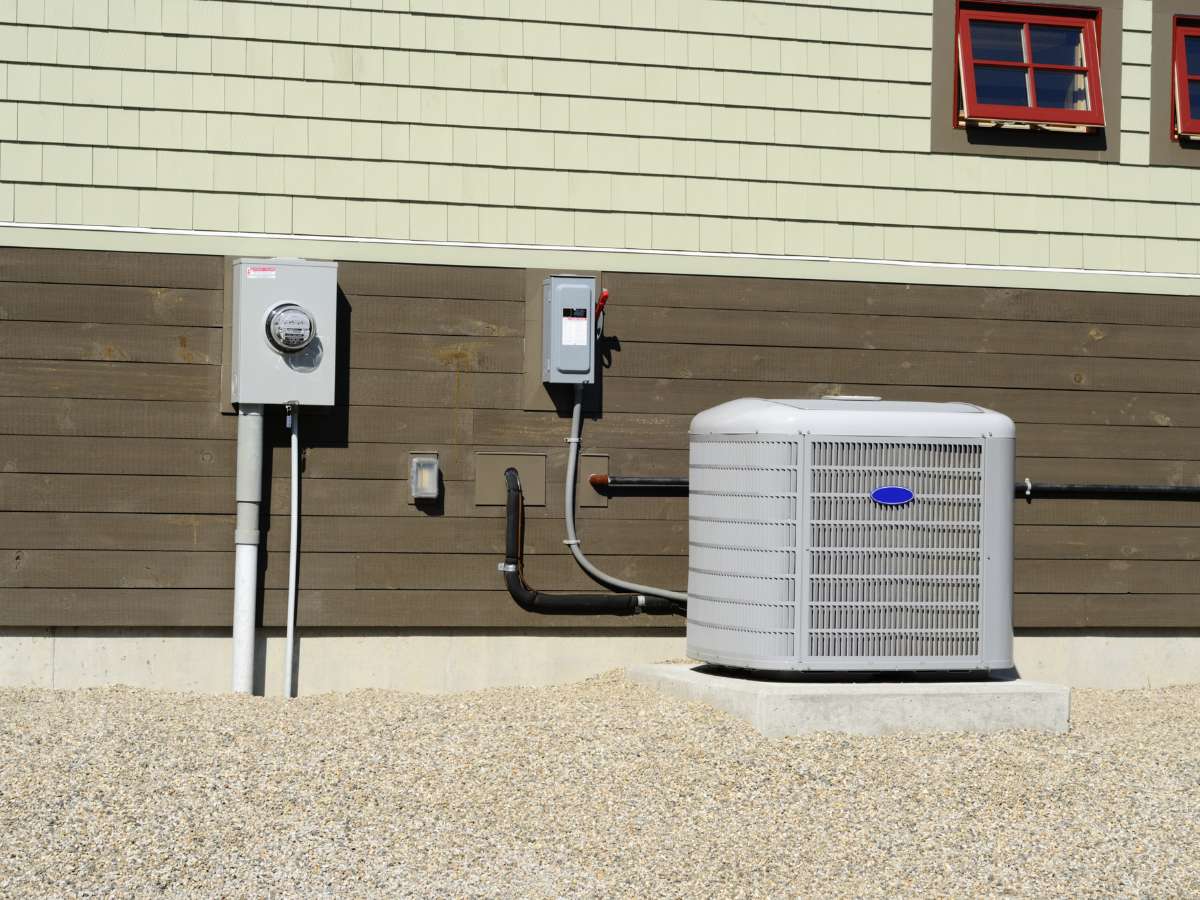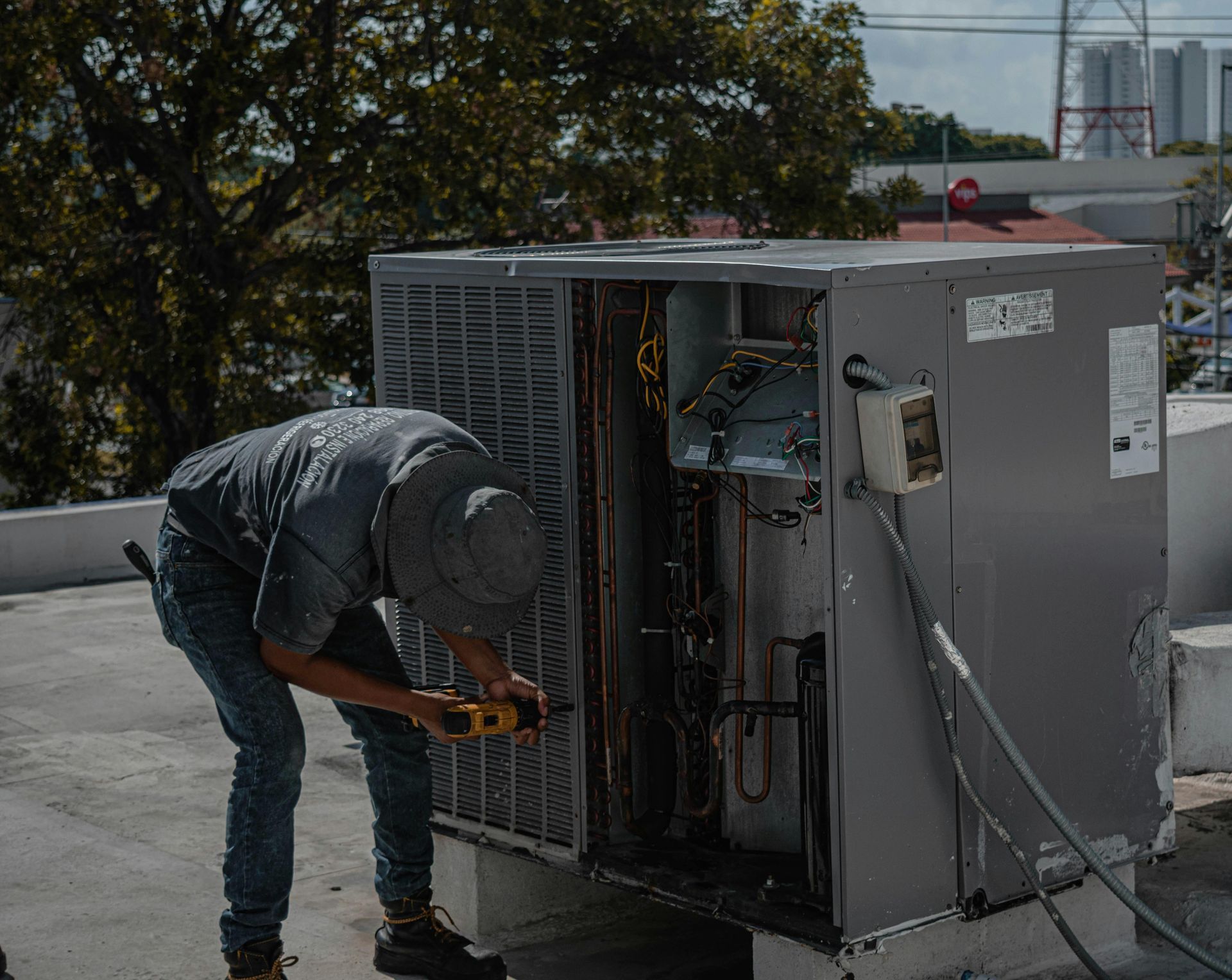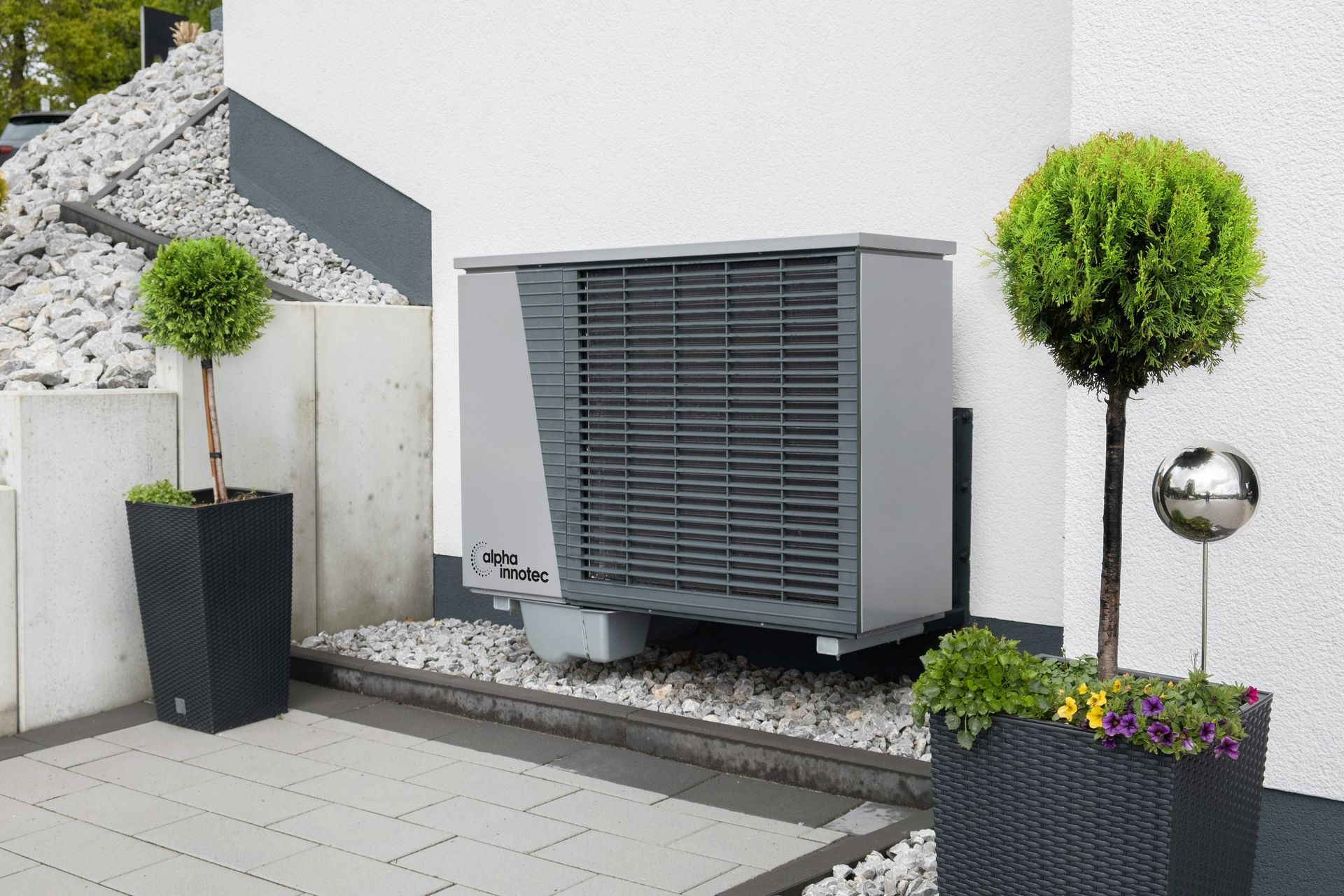Can You Run Your AC More Efficiently During Heatwaves?
As temperatures soar during heatwaves, many homeowners rely heavily on their air conditioning (AC) systems to stay cool and comfortable. However, running your AC non-stop can lead to high energy bills, as well as unnecessary wear and tear on your unit. In this blog, we’ll explore how to run your AC more efficiently during heatwaves to save energy, reduce costs, and extend the lifespan of your system. With a few smart strategies, you can keep your home cool without sacrificing comfort or your budget.
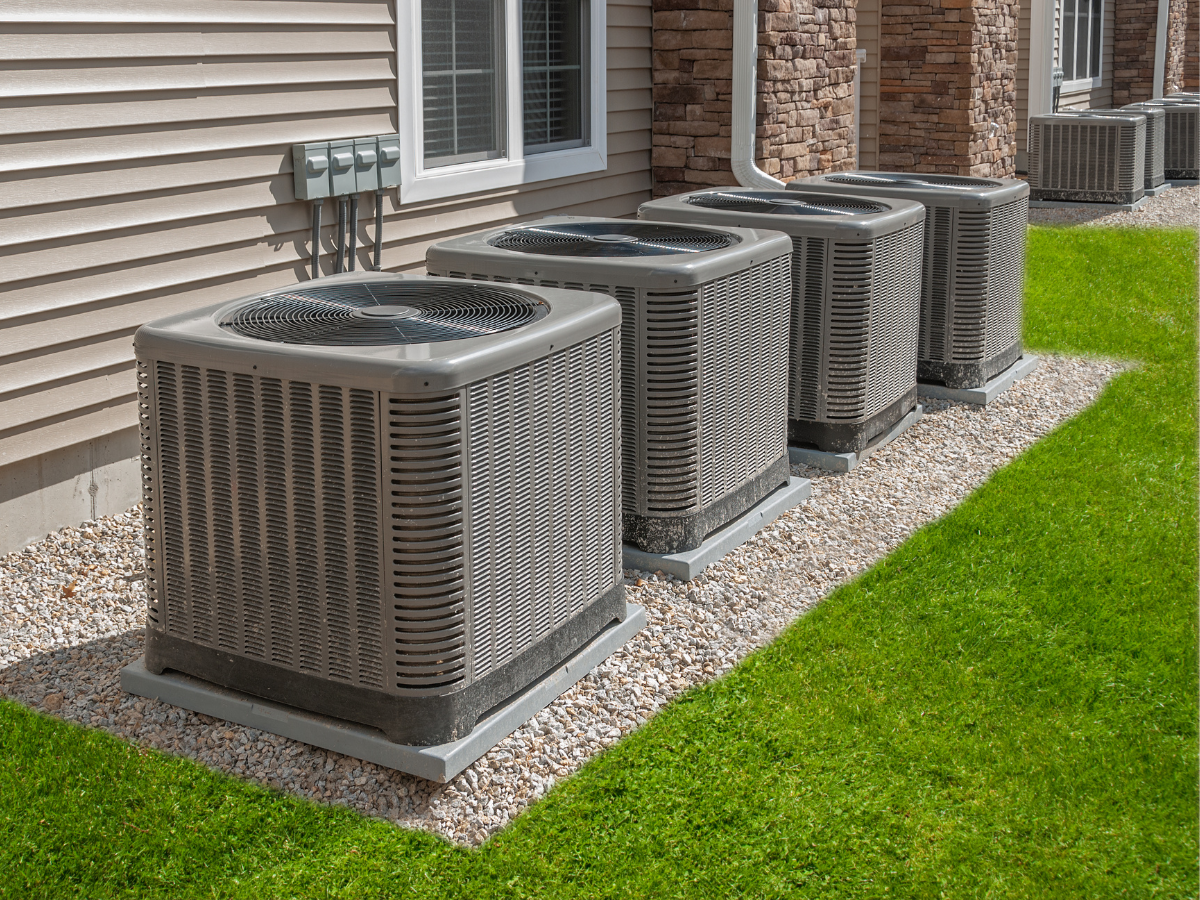
1. Set Your Thermostat to the Optimal Temperature
One of the simplest ways to run your AC more efficiently is to set your thermostat to the optimal temperature. Many people make the mistake of setting their thermostat too low during a heatwave, which can lead to energy waste.
- Ideal Temperature: The U.S. Department of Energy recommends setting your thermostat to 78°F when you’re home and 85°F when you’re away. This balance keeps your home cool while preventing your AC from working overtime.
- Avoid Drastic Temperature Changes: Setting your thermostat to a very low temperature (e.g., 65°F) can cause the system to use more energy and strain the unit. Instead, keep it at a comfortable level that won’t overburden your AC.
By keeping your thermostat set to the right temperature, you can optimize your AC’s performance without overtaxing it.
2. Use a Programmable Thermostat
A programmable thermostat allows you to schedule temperature adjustments based on your routine. This means you don’t have to leave your AC running all day when you’re not home, saving you energy and money.
- Automatic Adjustments: Set your thermostat to increase the temperature when you’re away and cool the house down before you return. This can significantly reduce energy consumption.
- Energy Savings: A programmable thermostat can help cut your cooling costs by adjusting temperatures during off-peak hours, making it a key tool for efficient AC operation.
3. Ensure Your AC Unit is Properly Maintained
Regular AC maintenance is crucial for running your system efficiently during heatwaves. When your unit is dirty or poorly maintained, it has to work harder to cool your home, leading to higher energy usage and potential breakdowns.
- Change the Air Filter: A clogged air filter restricts airflow, causing your AC to work harder. Replace your air filter every 1-3 months to ensure smooth airflow.
- Clean the Coils: Dirty evaporator and condenser coils can cause your AC to lose efficiency. Regularly clean the coils or have a professional do it to maintain optimal performance.
- Annual Maintenance: Scheduling an annual AC tune-up with a professional technician can help identify and resolve any issues before the heatwave hits. This will improve your system’s efficiency and prevent costly repairs.
Routine maintenance ensures your AC system is running at peak efficiency and can handle the demands of a heatwave.
4. Close Curtains and Blinds to Block Out the Sun
Sunlight streaming through your windows can significantly increase the indoor temperature of your home, causing your AC to work harder to maintain a cool environment.
- Block Heat from Windows: Use curtains, blinds, or shades to block out direct sunlight during the hottest parts of the day. Consider installing energy-efficient window coverings that reduce heat transfer.
- Close Doors to Unused Rooms: If certain areas of your home aren’t being used, close the doors to those rooms to avoid cooling them unnecessarily. This helps your AC focus on the spaces you occupy.
By minimizing the amount of heat entering your home, you reduce the load on your AC and improve its efficiency.
5. Seal Leaks and Insulate Your Home
Air leaks and poor insulation can cause cool air to escape and hot air to enter, making your AC work harder to maintain a comfortable temperature.
- Seal Leaks: Check for drafts around windows, doors, and ducts. Seal any leaks with caulk or weatherstripping to prevent cool air from escaping.
- Add Insulation: Insulating your home, especially the attic, can help maintain a consistent temperature and reduce the strain on your AC. Proper insulation keeps cool air inside and prevents heat from seeping in.
Sealing air leaks and improving insulation can go a long way in improving your home’s energy efficiency during heatwaves.
6. Use Ceiling Fans to Circulate Cool Air
Ceiling fans are a great way to help circulate cool air throughout your home. By moving air around, fans can make it feel cooler, allowing you to raise your thermostat by a few degrees without sacrificing comfort.
- Set Fans to Rotate Counterclockwise: In the summer, set your ceiling fan blades to rotate counterclockwise to create a breeze that cools you down.
- Pair Fans with Your AC: Use fans in conjunction with your air conditioning system to keep your home cooler without overworking the AC.
Using fans in your home helps distribute cool air and ensures your AC doesn’t have to work as hard.
Conclusion
During heatwaves, it’s essential to run your AC efficiently to keep your home cool without driving up energy costs. By following these tips—setting your thermostat to an optimal temperature, using a programmable thermostat, maintaining your AC, blocking out sunlight, sealing leaks, and using fans—you can maximize your system’s performance and minimize energy consumption.
At CJ's Heating & Cooling, we specialize in providing energy-efficient cooling solutions to help you stay comfortable while saving money. Contact us today to schedule a professional AC maintenance check or to learn more about how we can help optimize your cooling system.

